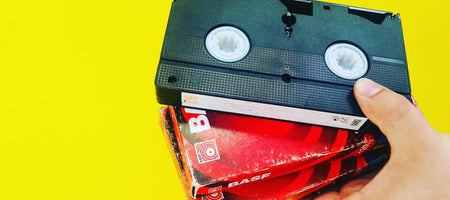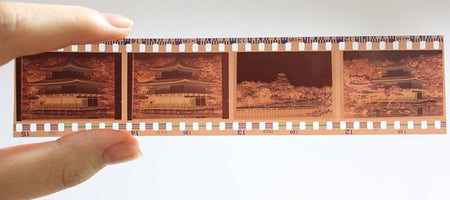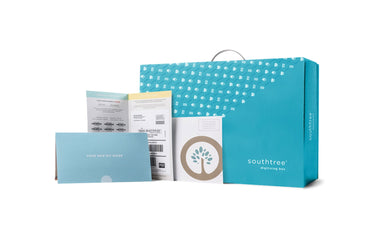Cassette tapes are coming back in style, which only proves the limits of hipsterdom know no bounds. Even though the sound quality is bad, the interface is annoying, and the usability is inconvenient in just about every metric, cassettes tapes are battling through their own limitations and reemerging as a trend du jour. Maybe in 2020, it’s because of all of those irritations that they’re getting popular again.
If everything else is an extra challenge these days, why not make music-listening a pain in the neck too?
I lived through the first wave of cassette popularity, so I know a thing or two about them. I know that you can burn straight through a copy of Coolio’s Gansta’s Paradise. Literally burn through it. I listened to it so much that the tape snapped, rendering my cassette completely useless. I think that day is probably the last time I listened to Gangsta’s Paradise.
But this article isn’t about me. It’s about you. Specifically, it’s about how to avoid my fate of a busted tape. So how do you keep cassette tapes in good condition?
-
Don’t store them in sunlight. The biggest threats to your cassette tapes are things that can cause them to become brittle or unstable. This list is a who’s who of what can wreck your tapes. The first culprit is the source of life itself: the sun. Sunlight can cause the plastic to expand and contract from the heat. It can also just straight up melt the plastic. Neither of those things are good for your tapes’ longevity.
-
Don’t submerge them in water. Water is not your friend when it comes to tapes. Most water has other minerals and contaminants in it that can create abrasions. When those abrasions get snagged in the tape player, you’re in for a world of hurt. Your tape will unravel faster than me on the golf course on the first tee. Don’t submerge your tapes in water. And for that matter, keep them away from humidity too. Water causes different fungi to grow, also potentially wrecking the playability.
-
Don’t listen to them too often. This advice reads like me telling you to buy a car but never drive it. It’s unfortunate, but it’s true. Each time you play your tapes, you’re wearing them out a little bit more. Since the actual tape itself is pretty fragile, thinning it out over time through multiple playbacks creates a ticking time bomb of potential tangled celluloid.
- Keep the magnets away. Magnetic attraction is actually what makes tapes function. The celluloid has a magnetic track on it that causes a little floater in the tape player to bounce back and forth. It’s like a miniature record player, except instead of a disc and a needle, it’s tape and a bouncer. Since it’s magnetic charge that makes the tapes work, you don’t want to introduce anything to the tape that will potentially affect the charge. Don’t take your cassettes to the hadron collider, is what I’m trying to say.
- Clean your tape player every once in a while. Tapes are only part of the equation. As my mom used to tell me in middle school, “It takes two to tango.” All of the previous advice about contaminants applies to the tape player itself too. If your deck gets soggy, dusty, or crusty, your tapes are in for a world of hurt. Make sure you keep your boom box clean before you go blasting tunes on the subway.
That’s about it! Tapes aren’t complicated, but they are delicate. Take care of them, and they’ll take care of you.













